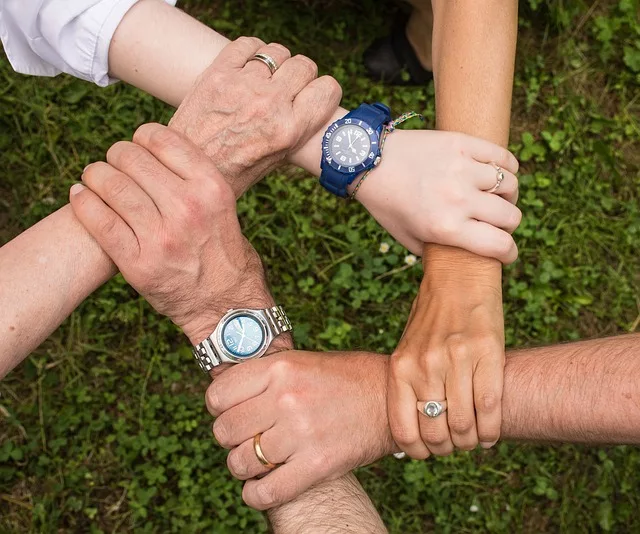Many people are concerned whether it is safe to use antibiotics and alcohol together since one of the most serious public health challenges in the world is the over-prescribing of antibiotics.
Data suggests that general practitioners are the biggest culprits, writing 90 percent of the prescriptions for respiratory tract infections and unwittingly creating a population that’s resistant to even some of the strongest, most effective antibiotics.
As a result, the population becomes more prone to infection and viruses.

“Antibiotics are lifesaving drugs, and if we continue down the road of inappropriate use, we’ll lose the most powerful tool we have to fight life-threatening infections,” Centers for Disease Control and Prevention Director, Dr. Tom Frieden, announced in May 2016.
Though it receives less attention than the over-prescription of these drugs, mixing alcohol and antibiotics can lead to serious side effects, especially for alcohol-dependent people battling other health issues.
The double-whammy for this population is that excessive alcohol consumption decreases the immune system’s ability to fight infections on its own, which means more doctor visits and a greater likelihood of antibiotic prescriptions.
This can be a particular challenge for physicians because people struggling with alcoholism might not consider themselves addicts, or are unwilling to be honest and upfront about their substance abuse issues with their doctor.
At the very least, there should be a greater public awareness about which antibiotics can cause dangerous side effects when mixed with alcohol.
When Isn’t it Safe to Mix Alcohol and Antibiotics?
First, it’s always a smart idea to ask the prescribing doctor or pharmacist about any possible drug interactions with antibiotics and alcohol.
Some antibiotics can cause negative drug interactions when taken with alcohol, while others won’t cause any serious problems. Anyone taking a medication that might cause an issue should avoid alcohol until they have completed the entire prescription.
Second, it’s important to understand that mixing certain antibiotics and alcohol can cause serious side effects, such as of the following:
- Metronidazole
- Doxycycline
- Erythromycin
- Cefoperazone
- Ketoconazole
- Cefotetan
- Griseofulvin
- Isoniazid
- Linezolid
The side effects of using alcohol and antibiotics that have drug interactions can range in intensity and seriousness, but the range includes some of the following:
- Stomach cramps, nausea, vomiting
- Irregular or fast heartbeat
- Headache and skin flushing
- Excessive sweating
- High blood pressure
- Liver damage
What are the Side Effects of Mixing Alcohol and Antibiotics Like Amoxicillin or Doxycycline?
Most antibiotics often come with their own common side effects, like diarrhea, dizziness or fatigue, and adding alcohol to the mix will likely make these symptoms worse.
There are also side effects that accompany alcohol use, and many of them can be similar to those experienced when taking antibiotics. Using alcohol and antibiotics together can make if difficult to know which one might be causing a problem if symptoms arise.
Many people assume that using antibiotics like amoxicillin and alcohol together will render the medication ineffective, although this usually isn’t the case. The medication will still be effective under normal conditions, but some minor side effects like stomach upset or dizziness could be amplified.
Nonetheless, it’s always a good idea to abstain from alcohol when taking medications to treat any health issue. For antibiotics, it’s imperative to continue using the entire prescription until it is finished, even if you start to feel better in a few days.
In addition, alcohol can weaken the immune system and increase the length of time it takes to get better, which is why using alcohol and antibiotics isn’t a good idea.
The Difficulties of Abstaining From Antibiotics and Alcohol Together
Not everyone with an addiction or dependency to alcohol is open to changing their habits and there are, no doubt, high-functioning alcoholics who “appear” to be okay with drinking every day.
People who are addicted to alcohol need to drink every day just to feel normal, even when they are sick with an infection that requires medications to treat. They actually can’t stop or it will make them feel even sicker.
However, long-term alcohol abuse damages various parts of the body and increases the likelihood of certain illnesses, like liver disease and some cancers.
The health outcomes of receiving treatment for alcohol addiction and learning to live sober are extremely beneficial.
In sobriety, the body is often able to heal much of the damage done by alcohol. People in recovery have more energy, better brain function, and get much more restful sleep.
All of these things result in a healthier, stronger immune system, allowing the body to more efficiently fight common colds, the flu, or infections that might otherwise require treatment with antibiotics.
Decreasing the Stigma of Alcohol Addiction
Decreasing the stigma associated with alcohol addiction and substance abuse, in general, will allow people struggling with these issues to not just seek help when they’re ready, but to be more open with their doctors about it when they’re sick and in need of medical attention.
In turn, physicians can avoid prescribing antibiotics that might pose a risk to their patient’s immediate well-being and can start a dialogue about long-term health and wellness.
Most people can take a week off from drinking to avoid any negative side effects that might arise from using antibiotics and alcohol together without any issues.
For those with a drinking problem, this might not be possible and should be a signal to seek help for alcohol dependency. One of the clear signs of addiction is not being able to stop drinking despite negative health consequences.
Related:
7 Facts About Delirium Tremens
What are the Dangers of Mixing ETOH with Other Drugs?
21 Signs You Might Have A Drinking Problem





